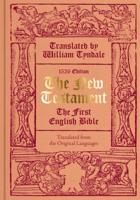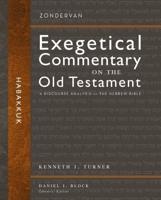Publisher's Synopsis
This 1997 study explores one of the most dramatic current interactions between religion and politics: the development of progressive Catholicism in Latin America. In particular, it examines economic, social and religious obstacles to progressive theology in Brazil. This 'popular' church built a utopian vision of social emancipation, drawing on Catholic social thought, humanistic Marxism and existentialism. It was a major democratizing force as Brazil emerged from dictatorship in the late 1970s. In the 1980s, however, the popular appeal of progressive Catholicism came under threat. Focusing on a Catholic community near Rio de Janeiro, Manuel A. Vásquez's incisive study shows how economic and political changes have affected religious practices, and argues that the plight of progressive Catholicism in Brazil forms part of a wider crisis of modernity and of humanist discourses.










